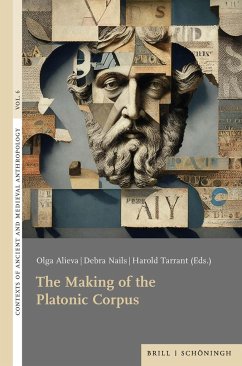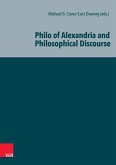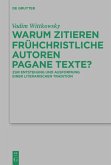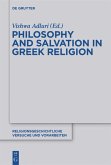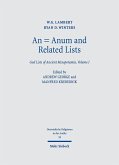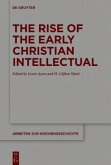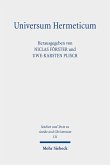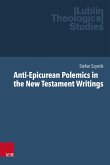The Platonic corpus is a collection of texts written under Plato's name. It is fairly inconvenient for us, modern readers, that it includes texts hardly authored by Plato, but we are normally able, or deem ourselves so, to tell the difference between spurious and authentic material. Yet that 'either-or' logic might be too simplistic to account for the specifics of 'school accumulation', which continued more or less till the end of the Hellenistic epoch and implied imitation rather than deception: the Platonic corpus was in the making as long as the Academy existed. And so were its separate components: authorial and editorial revisions and 'updates' of dialogues are signalled both by ancient sources and by modern computational techniques. In eleven chapters provided by twelve specialists in the field, this volume explores the Platonic corpus as a living whole in its dynamic and complex development. Two major sets of questions are addressed here. The first concerns the individual components of the corpus, the institutional and philosophical context of their emergence, and questions of authorship and revision. The second question has to do with the corpus as a whole, with the progressive organization of the dialogues into a recognized body of work, including both ancient and modern editions and classifications, as well as the formation and transformations of the canon.
Bitte wählen Sie Ihr Anliegen aus.
Rechnungen
Retourenschein anfordern
Bestellstatus
Storno

